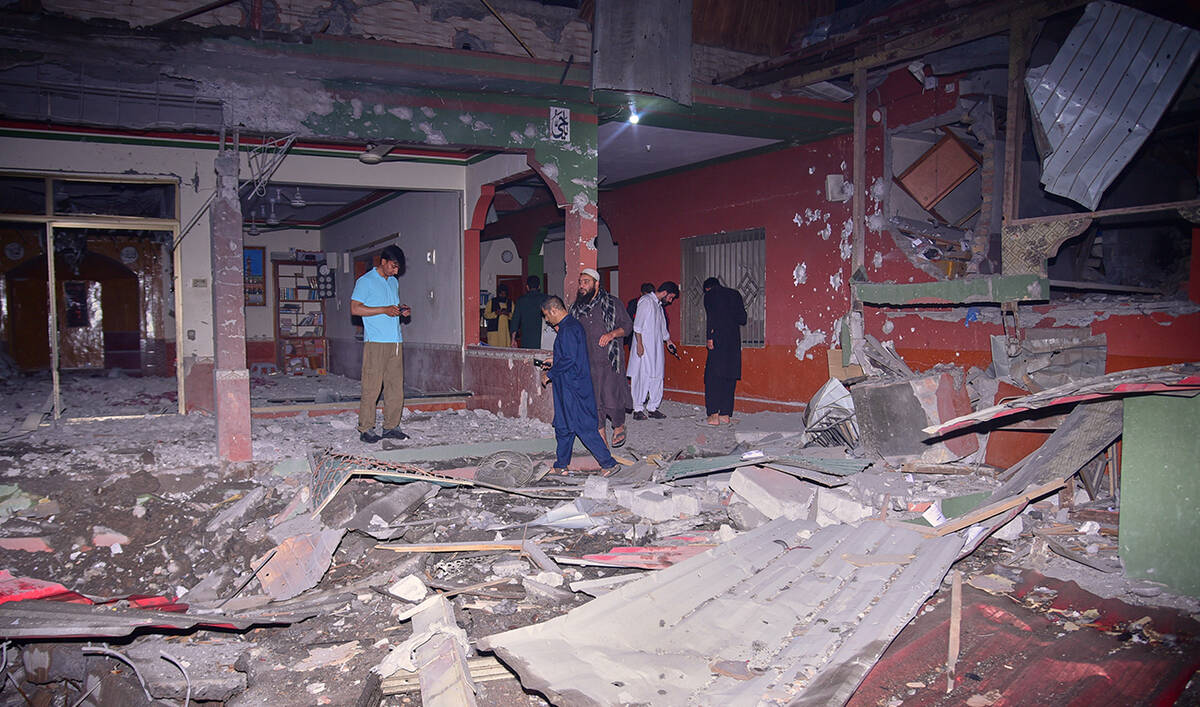KARACHI: Netline, a Pakistani critical power and energy solutions provider, is designing solar projects for the zero-carbon city that Saudi Arabia plans to build at NEOM, a company official said on Monday.
Saudi Crown Prince Mohammed bin Salman announced plans for the $500 billion NEOM business zone in 2017 as part of his Vision 2030 reform plan, which aims to diversify Saudi Arabia's economy away from oil. Saudi Arabia, the world's biggest crude exporter, aims to reach "net zero" greenhouse gas emissions by 2060.
The zero-carbon city at NEON, known as “The Line,” would extend over 170 km (105 miles) and be able to house a million residents in “carbon-positive urban developments powered by 100% clean energy.”
“The energy demand to power NEOM is around 20 gigawatts,” Umair Zavary, Group Director for Netline Group of Companies, told journalists in Karachi on Monday. “We are partnering with different companies, which are contractors in NEOM, for backend consultation, designing, and auditing of the project from Pakistan under an agreement that was signed last month.”
Zavary said the company had initially acquired a $3 million project to design NEOM’s electrical system.
NetLine, a family-owned business in the energy and power sector, recently secured Series A funding at a $4.5 million valuation of the company’s energy business. Though the amount of funding was not disclosed, the company’s director said it would substantially support enhancing a footprint in Saudi Arabia and the UAE where an office has already been set up for global outreach with supply chain partners.
“In February next year, we are going to Riyadh to grow more business and look for more partners and opportunities,” Zavary said, expressing hope that Pakistani engineers and experts would also go to the kingdom for installation purposes in the next phase.
Netline has so far installed solar systems with a power generation capacity of over 10 MW at around 400 locations across the country.
The company now plans to utilize its funding to expand and set up offices in other parts of the country and enhance manpower, install charging points for electric vehicles, and start solar panel manufacturing in Pakistan.
“We are planning to start production of solar panels in the third or fourth quarter of the next year, 2023, at an estimated cost of $3.5 million in the first phase,” Uzair Zavary, another group director, said.
The company plans to produce 180 MW solar panels in a joint venture with a Turkish company for which the manufacturing facilities have been acquired on the outskirts of Islamabad, he added.
By 2026, the company also plans to mine Quartz, a crystalline mineral composed of silica that is used for solar panel manufacturing.
To cut reliance on imported fossil fuel, Pakistan plans to increase the share of clean energy to 60% in its energy mix by 2030. Currently, the share of renewable energy is only about 4%, according to government data.
Pakistan’s energy imports during the last fiscal year were $23.3 billion, 29% of the country's total imports. During the current fiscal year, the country imported energy products worth $7.7 billion, according to the Pakistan Bureau of Statistics (PBS).



















